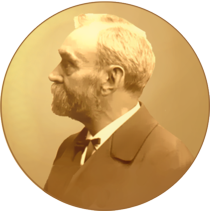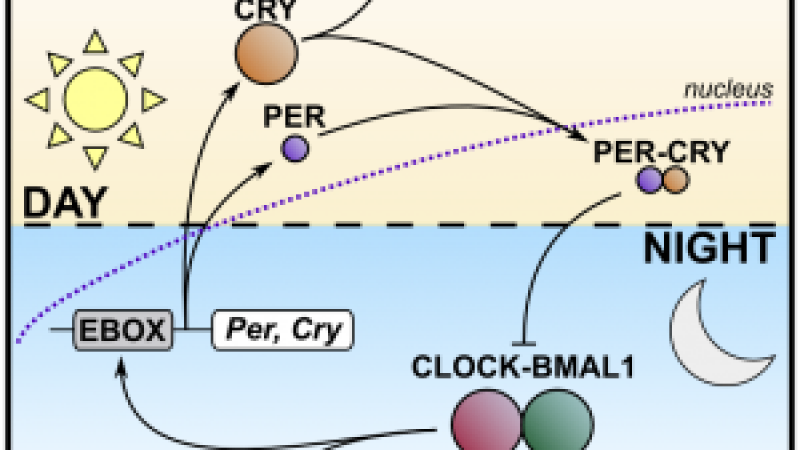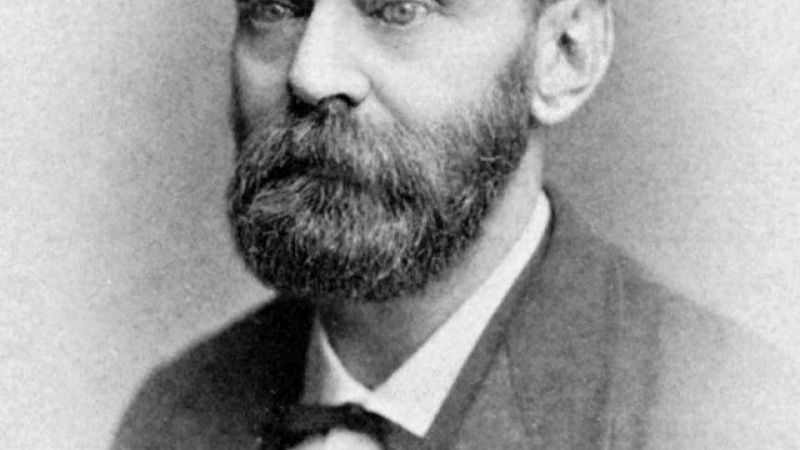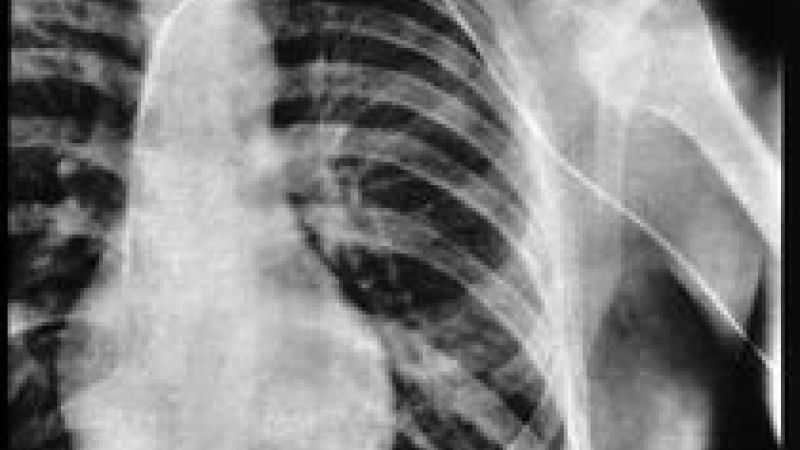 The Nobel Prize in Physiology or Medicine for 2013 will be announced on 7th October. Until then, UAR is placing its bets on who is going to win. It’s pretty hard to guess who’s going to win in any one year but we’ll give it a go nonetheless.
The Nobel Prize in Physiology or Medicine for 2013 will be announced on 7th October. Until then, UAR is placing its bets on who is going to win. It’s pretty hard to guess who’s going to win in any one year but we’ll give it a go nonetheless.
Victor Ambros, David Baulcombe and Gary Ruvkun
These three worked to uncover the mystery of micro RNA, the small segments of nucleotides that silence genes. While studying the development of the nematode worm, Ambros and Ruvkun discovered micro RNA in animals, while Baulcombe discovered it in plants. The three are an unlikely choice for a Nobel this year, having been snubbed in the 2006 Nobel Prize for the closely related work on RNA interference, but there is still hope.
Jeffrey Gordon
Gordon was a pioneer in understanding the importance of the microbiome – the ecosystem of 100 trillion bacteria, viruses and fungi living in and on each of us. Much of what is known about the workings of the gut microbiome has come from Gordon’s seminal studies of identical and fraternal twins and of ‘gnotobiotic’ mice – germ-free mice that are colonised with a controlled sample of microbes. One of his most notable discoveries was that a gut bacteria transplant from an obese mouse resulted in greater fat gain than a transplant from a lean mouse, even on the same diet.
Karl Deisseroth, Gero Miesenbock and Boris Zemelman
First developed by Zemelman and Miesenbock in 2002 and improved upon by Deisseroth in 2005, optogenetics has taken neuroscience by storm. It has been noted as Method of the Year 2010 by Nature Methods and there has been a flood of papers published using this technique. This allows scientists to switch on or off specific neurons in the brain using flashes of light and control brain function with unprecedented precision. It is a powerful tool but we have yet to see any major new insights into the workings of the brain from this, so they might have to wait until the 2030 Nobels...
Napoleone Ferrera
Just last year, Napo Ferrera moved back into academia after spending 24 years working for the biotech company Genentech. While there, he spearheaded the development of an entirely new class of cancer drugs. He and his lab were the first to isolate vascular endothelial growth factor (VEGF), a protein that regulates the formation of new blood vessels. After creating an antibody to selectively target VEGF, Ferrara noticed that it prevented growth of human tumour cells transplanted into nude mice. Bevacizumab (better known as Avastin®) is a humanised version of the mouse antibody, and has been licensed for use in a wide range of cancers including breast, colorectal, glioblastoma, lung and kidney.
Jeffrey Gordon
Karl Deisseroth, Gero Miesenbock and Boris Zemelman
Napoleone Ferrera
Last edited: 11 March 2022 09:04




